To get a sense of a state’s values, one often need look no further than its tax system.
What a state spends its tax dollars on and how it acquires those tax dollars typically reveals a lot about the priorities of its people-what they care about and what they stand for. In theory, it’s a direct reflection of their collective values. But this doesn’t seem to be the case for West Virginia.
As it currently stands, West Virginia’s tax system places an unreasonable burden on working families and those who have the least. In the past two decades, state taxes paid by individuals and families increased while taxes paid by businesses declined. At the same time, low- and middle-income families have been paying a greater share of their income in taxes than wealthier West Virginians. It doesn’t have to be this way. We can turn our tax system right-side-up by enacting tax policies that ensure we all pay our fair share.
Read more in our report out this week! Download PDF of booklet.
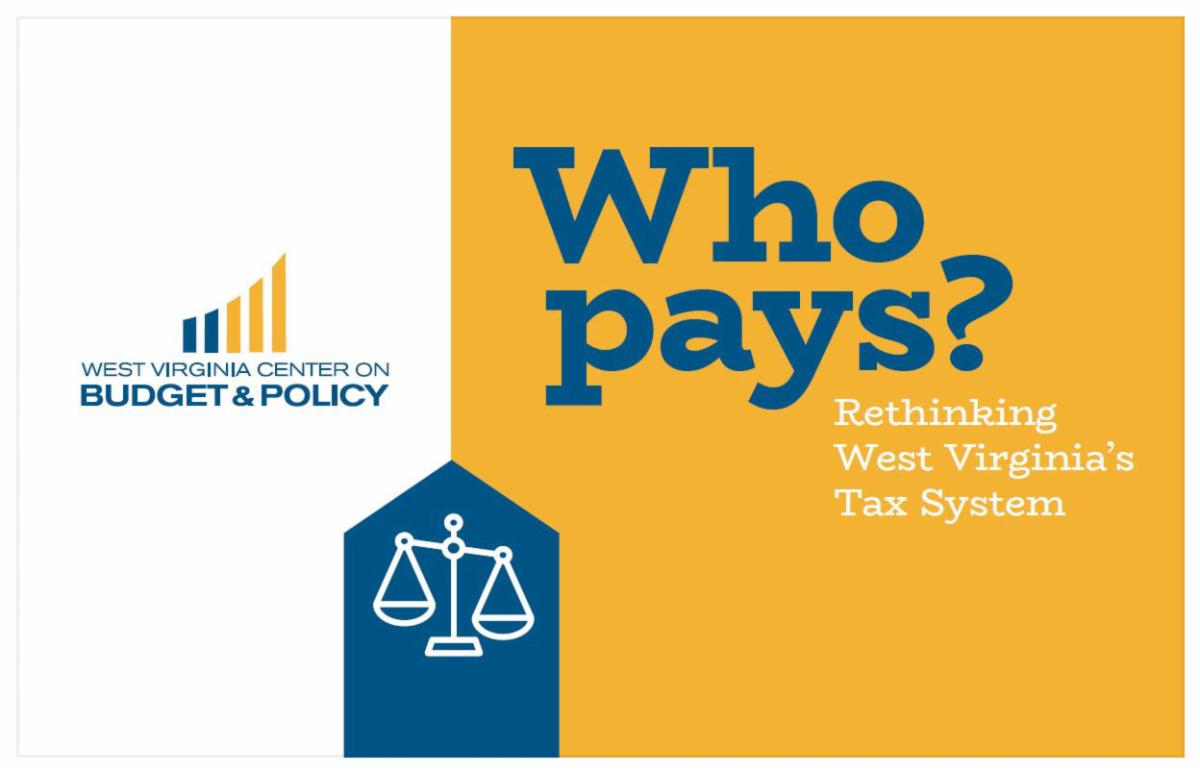
BREAKING NEWS: West Virginia’s Tax System is in the UPSIDE DOWN!
Learn more in this episode of West Virginia Kids News!
While we were disappointed our keynote speaker, Dr. Sian Mughan, could not make it (her plane from Phoenix had to make an emergency landing in Dallas preventing her from making the last flight into Charleston), we had over 85 legislators, policymakers, coalition partners and citizens at this year’s Budget Breakfast!
In case you missed it, here is a video of the event.
Check out our website for Ted’s annual state budget preview and Dr. Mughan’s presentation on how removing the personal property tax in Ohio impacted manufacturing jobs.
Watch coverage from WOWK-TV.
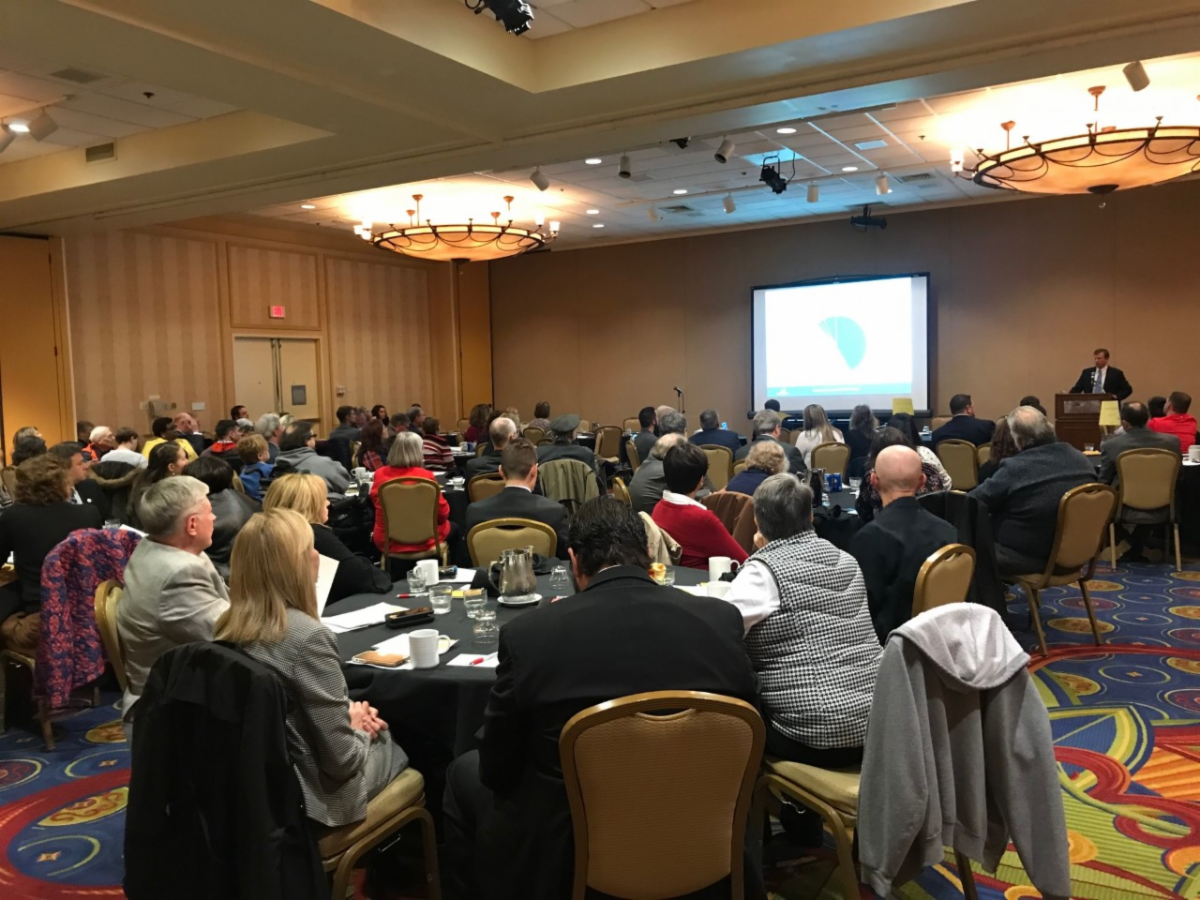
This week, in partnership with the ACLU-WV and the American Friends Service Committee, we released the 2019 State of Working West Virginia, The State of West Virginia’s Immigrants. This year’s report focuses on the important role immigrants have played in the state’s history and how they will impact its future. Read report.
The Many Roads Home Campaign project illustrates the personal stories of how immigrants, both old and new, came to call West Virginia home. The project is a collaboration of the ACLU-WV, the American Friends Service Committee, the WV Center on Budget and Policy, and others.

This week, the WVCBP was featured in a New York Times article that explored what happened when the West Virginia Legislature added work requirements to SNAP (food stamp) benefits in a nine-county pilot program.
Here’s an excerpt:
According to the West Virginia Center on Budget and Policy, a research group that focuses heavily on social safety-net issues, there was no evidence of a big change in the job market. While around 5,410 people lost food stamps in the nine counties, the growth in the labor force in these counties over the ensuing three years significantly lagged the rest of the state. Average monthly employment growth in the counties actually slowed, while it nearly doubled in the rest of West Virginia.
“We can prove it from the data that this does not work,” said Seth DiStefano, policy outreach director at the center.
Our outreach work with food banks and other anti-hunger organizations shows that charitable organizations have seen an impact, feeding even more people, all while employment numbers have not improved. In other words, kicking people off SNAP has not led to them finding reliable employment, it has just forced them to go elsewhere to find food for their families.

This week anti-hunger advocates from across the state gathered at the Capitol for Hunger Free Day to speak for the 270,000 West Virginians who struggle with hunger each day.
WVCBP Policy Outreach Director Seth DiStefano represented the WVCBP and discussed how important SNAP benefits are for the state and how the coalition works each legislative session to protect them from cuts.
Read more from Seth and others in the New York Times, Times West Virginia, and WV Press Association this week.
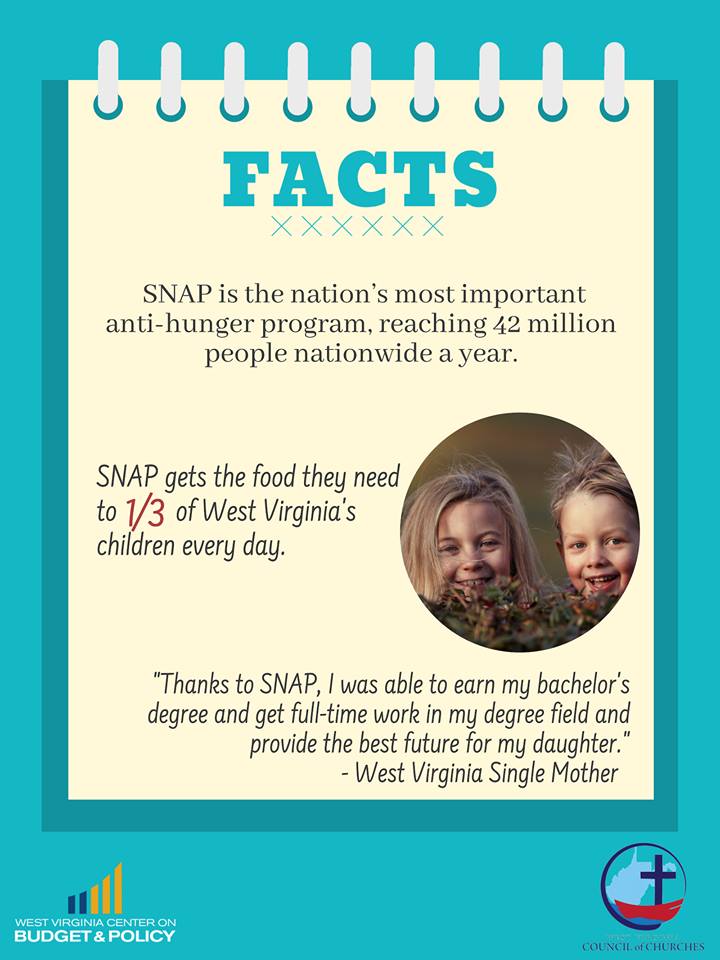
Join us at the WV State Capitol to ask our legislators to make insulin and other prescription drugs more affordable!
11:30AM: Lobby day orientation at Governor’s Conference Room at WV State Capitol
12 noon: Press conference to announce bipartisan support for legislation that would cap costs for life-saving insulin to $25 for a 30-day supply, regardless of the amount or type of insulin prescribed, to protect patients from rising insulin costs. Also in the Governor’s Conference Room.
RSVP here.
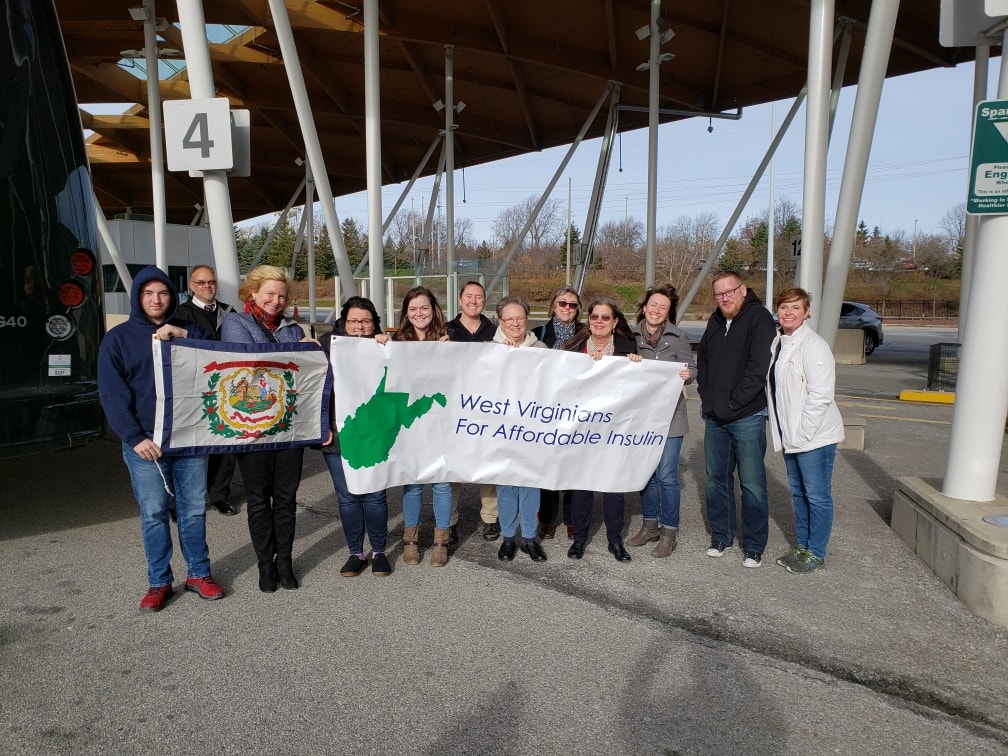
To continue the momentum for criminal justice reform, please join other leaders, organizations, and legislative champions on January 27 at 1:30PM in the Lewis McManus Room at the State Capitol. More info here.
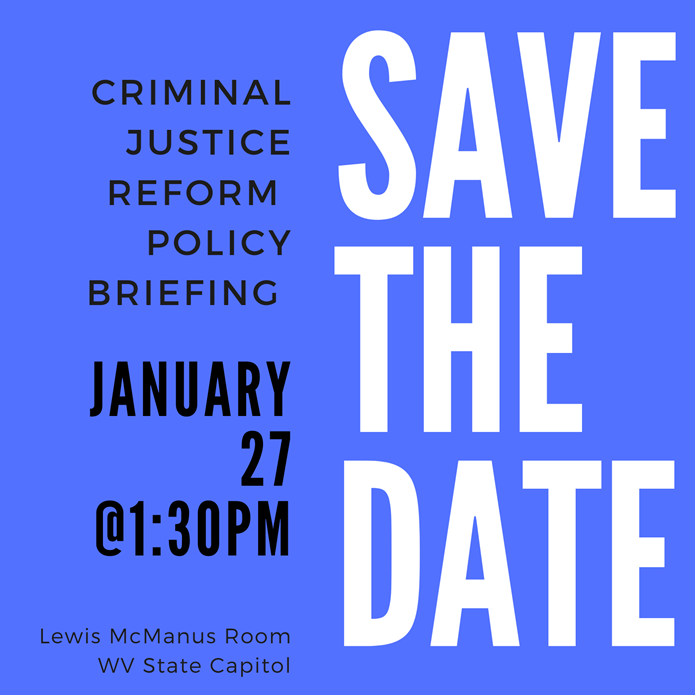
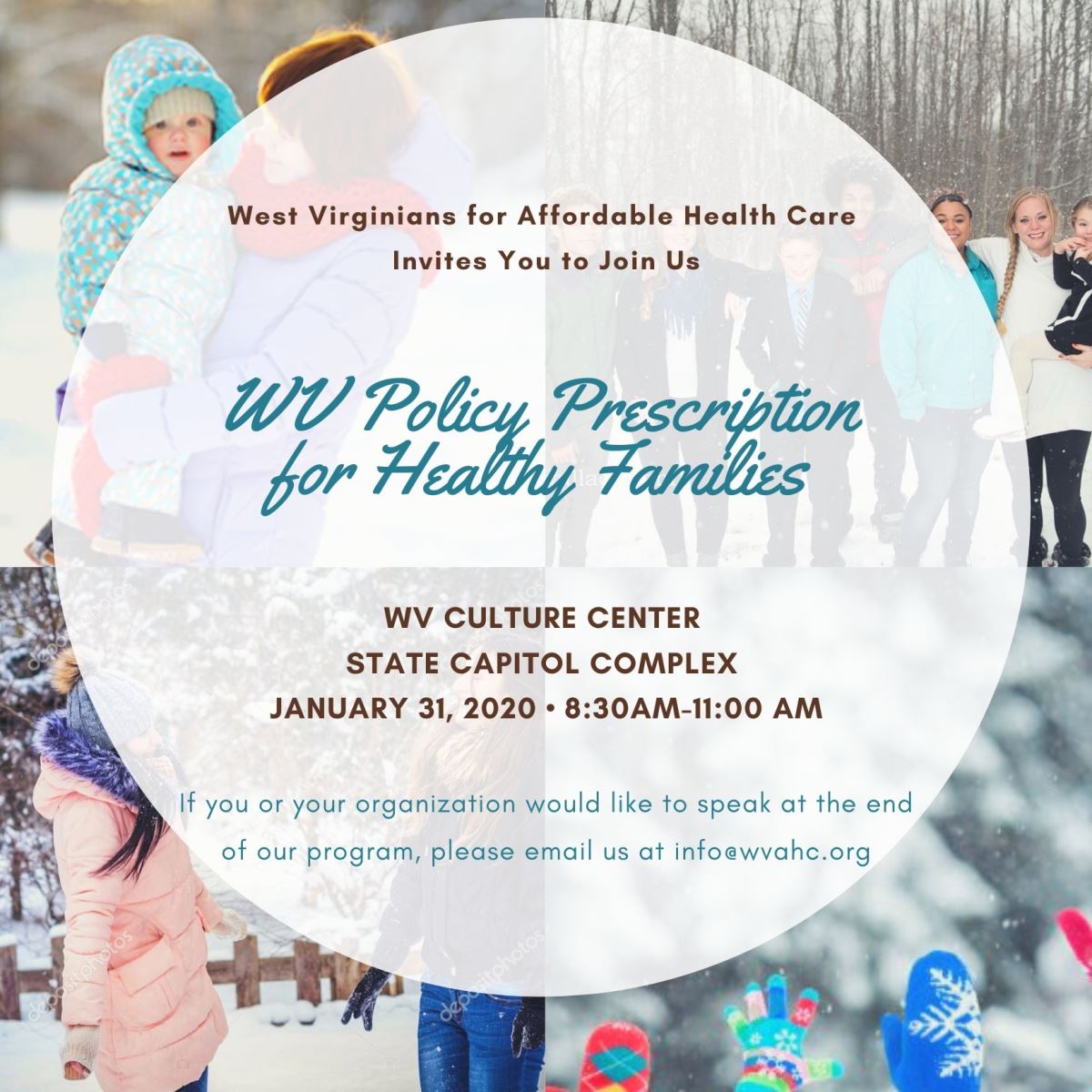
 RSVP here.
RSVP here.
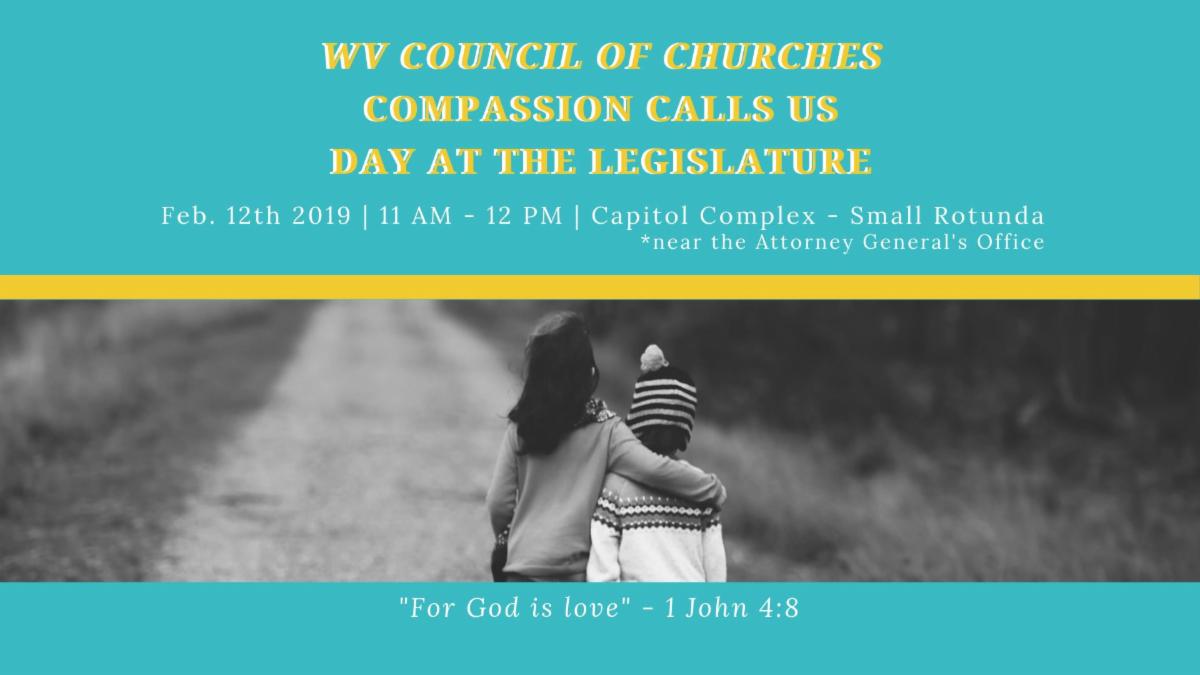
More info here.